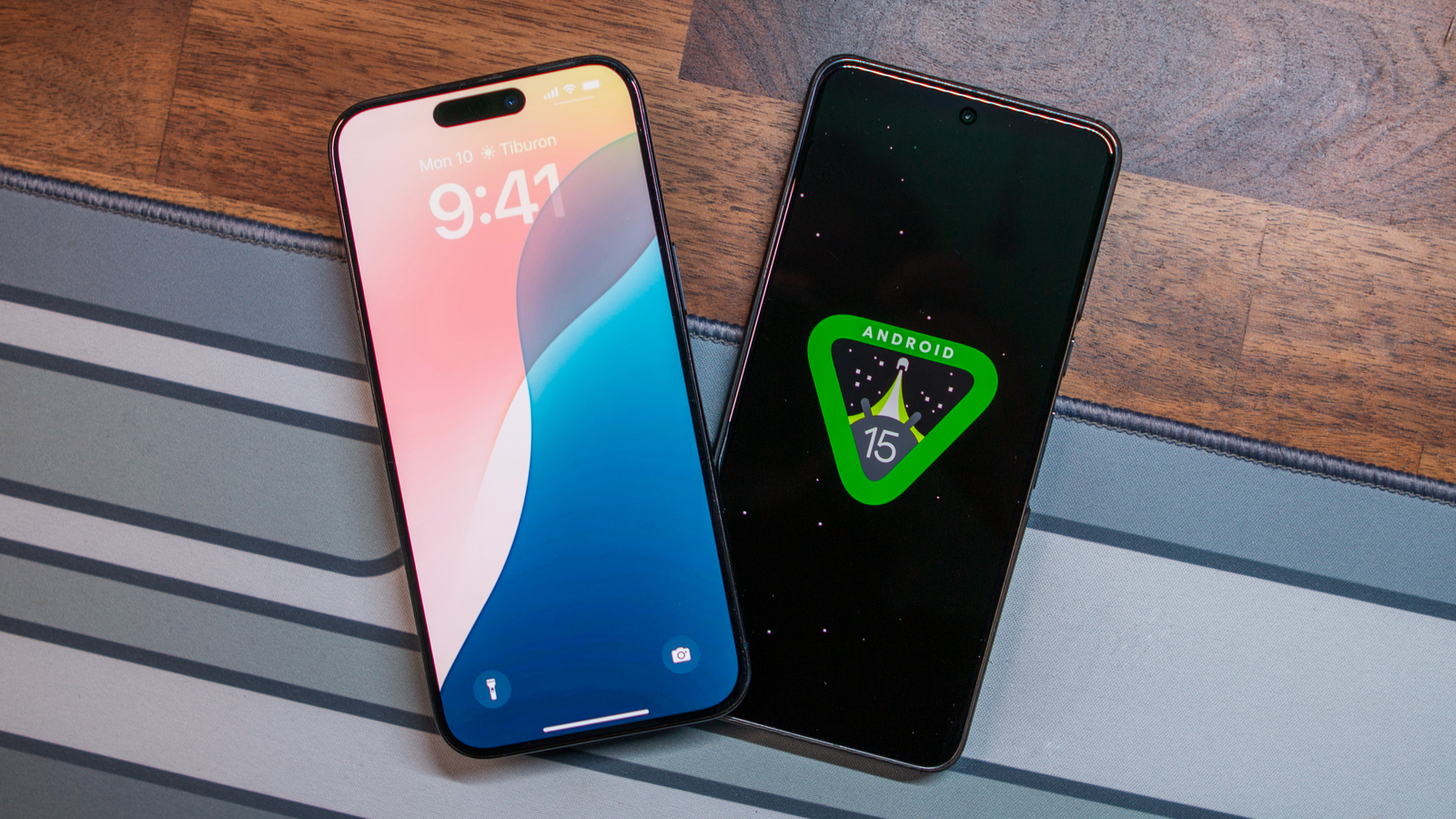The ongoing clash between Apple and Google regarding RCS messaging has been quite interesting. RCS, which stands for Rich Communication Services, provides a more secure, versatile, and feature-rich alternative to SMS and MMS. Previously, iPhone users predominantly used iMessage instead of SMS or MMS. This led Google to run ads against Apple, urging them to incorporate RCS into the iPhone to enhance communication between iOS and Android users.
Apple eventually added RCS support to the iPhone with iOS 18. However, this move was unrelated to Google’s efforts. Despite this, Google published a blog post claiming credit for Apple’s support of RCS as a means to facilitate the switch between iOS and Android.
While RCS likely contributed to making it easier to transition from iOS to Android, Apple’s decision to integrate RCS was likely driven by regulatory considerations rather than Google’s influence. For instance, the European Union’s decision not to designate iMessage as a core platform service coincided with Apple’s RCS plans. Additionally, China mandates that all 5G phones support RCS, which may have prompted Apple to include it.
Despite Google’s belief, they played no role in Apple’s choice to support RCS. The significance of RCS in the iOS versus Android rivalry may not be as substantial as Google perceives.
Google is right (and wrong) about RCS on iPhone — and how it affects Android

When I switched my main SIM to the Google Pixel 9 Pro Fold just before iOS launched, I immediately noticed improvements in my chats with tech-savvy friends. RCS enabled higher resolution media sharing, functioning read receipts and reactions, and enhanced group chat features, resolving many of my previous frustrations with SMS and MMS communication with iPhone users.
While I disagree with Google’s claim of credit for bringing RCS to the iPhone, I agree with their broader point. RCS does enhance cross-platform texting experiences, a change I’ve personally witnessed. However, its impact on consumer behavior and market dynamics relies on iOS user adoption. Users must first upgrade to iOS 18 and keep the RCS toggle activated without disabling it to challenge their Android peers. Additionally, certain carriers may not support RCS on iOS.
The slow adoption rate of iOS upgrades, while historically higher than Android, raises concerns. Few of my non-tech circles have upgraded to iOS 18. Attaining RCS compatibility with my family and friends may therefore prove challenging unless I facilitate their iOS 18 upgrades.
Available data indicates that iOS 18 adoption remains relatively low. October 2024 Statcounter data suggests that less than 20% of iPhones run iOS 18. Tim Cook’s statement on iOS 18.1 adoption rates, while vague, implies a positive trend. Nonetheless, RCS remains confined to a fraction of iPhones, hindering its broader impact on the iOS-Android rivalry.
Ultimately, wide-scale RCS adoption on iOS will take time, dampening its immediate significance in the platform competition.
All the other reasons Google thinks you should try Android (and what we think you should switch to)

Aside from Google’s disputed claim about RCS support on the iPhone, the company presents compelling reasons for switching between platforms. Android Switch, available on select brands, facilitates data transfer to a new Android device. It’s also noted that transferring data between iOS and Android via cable is 40% quicker.
Moreover, users can set up the Google Pixel 9 without immediate data transfer to explore the device before deciding. Express setup eases transitions between Android phones as well.
While RCS didn’t revolutionize the ease of transitioning to Android overnight and Google didn’t influence Apple’s RCS implementation on new iPhones like the iPhone 16 Pro Max, switching platforms has become more convenient than ever. A variety of Android hardware, including devices from Google, Samsung, and OnePlus, offer appealing options for iPhone users looking to make the switch.
As a user of both iOS and Android platforms, the Google Pixel 9 Pro XL stands out as the device most akin to an iPhone in terms of polish and feature quality. For those interested in foldable technology, the Samsung Galaxy Z Fold 6 offers a compelling alternative. Stay tuned for upcoming flagship releases from OnePlus and Samsung, with Black Friday and Cyber Monday potentially offering enticing deals.
Now is indeed a favorable time to transition to Android, given the platform’s advancements and improved cross-platform capabilities. However, Google should redirect its focus from Apple and RCS, as this fixation may deter iPhone users from considering the switch.
